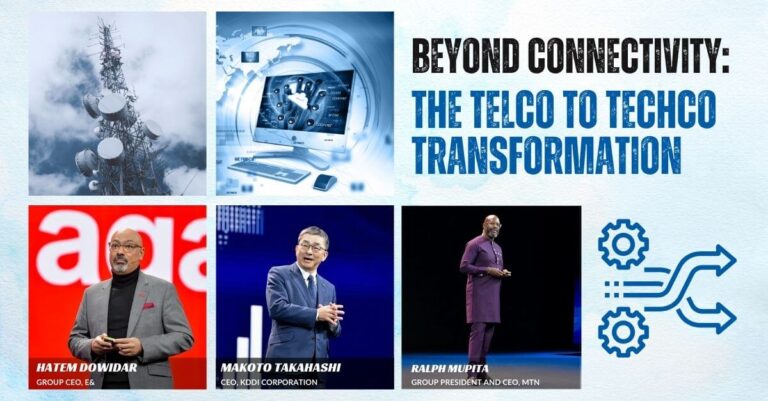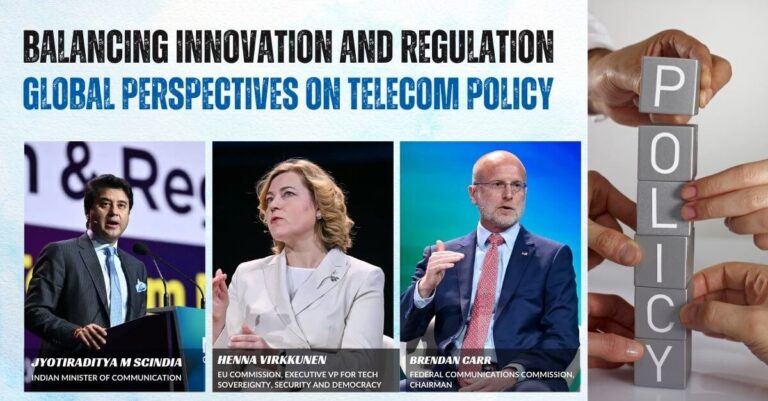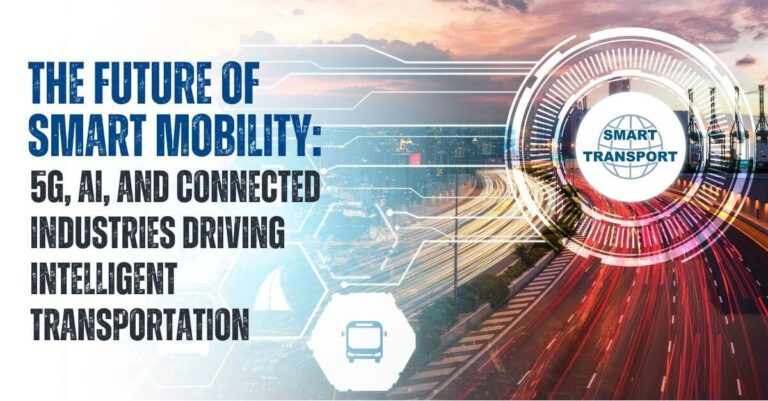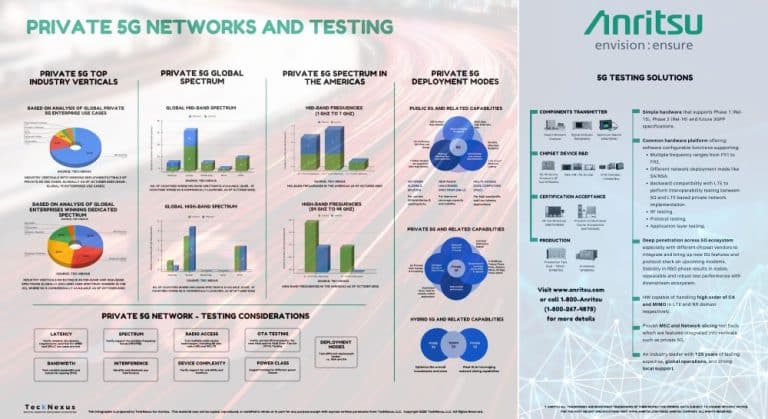Department of Telecommunications (DoT) and the Ministry of Electronics and Information Technology (MeitY) representatives met with mobile operators and smartphone manufacturers and gave them a deadline of three months to switch over to 5G services with 5G smartphones.
In a meeting with senior government officials on Wednesday, representatives of the mobile phone industry promised to progressively stop making 4G phones that cost more than Rs 10,000 and switch to 5G technology. Top representatives from telecom carriers and smartphone manufacturers like Apple and Samsung attended the meeting to discuss how to make it easy for users to obtain 5G services.
There are almost 750 million mobile phone subscribers in India; an official from a major smartphone company informed ANI. More than 350 million users utilize phones that are just 3G-4G compatible, whereas 100 million subscribers in India have 5G-ready phones. The ministry was informed by the smartphone company that they would progressively stop producing 3G-4G compatible phones that cost more than Rs 10,000.
Over 100 million consumers in India have 5G-capable phones, but several manufacturers, including Apple, do not offer the service on their products. The issue that 5G phone users are experiencing will be discovered by smartphone manufacturers once testing is underway. In comparison to Jio, Bharti Airtel is rolling out 5G in Delhi, Mumbai, Kolkata, Bengaluru, Hyderabad, Siliguri, Nagpur, and Varanasi. A topic about making client devices ready for 5G services introduced by telecom service providers on 5G networks was on the agenda for the meeting.
The discussion also covered the issue of the smartphone manufacturers’ and telecom companies’ involvement in the deployment of software FOTA updates for all 5G handsets. Additionally, it was determined to give the software upgrade top priority for India’s early deployment of 5G.



























